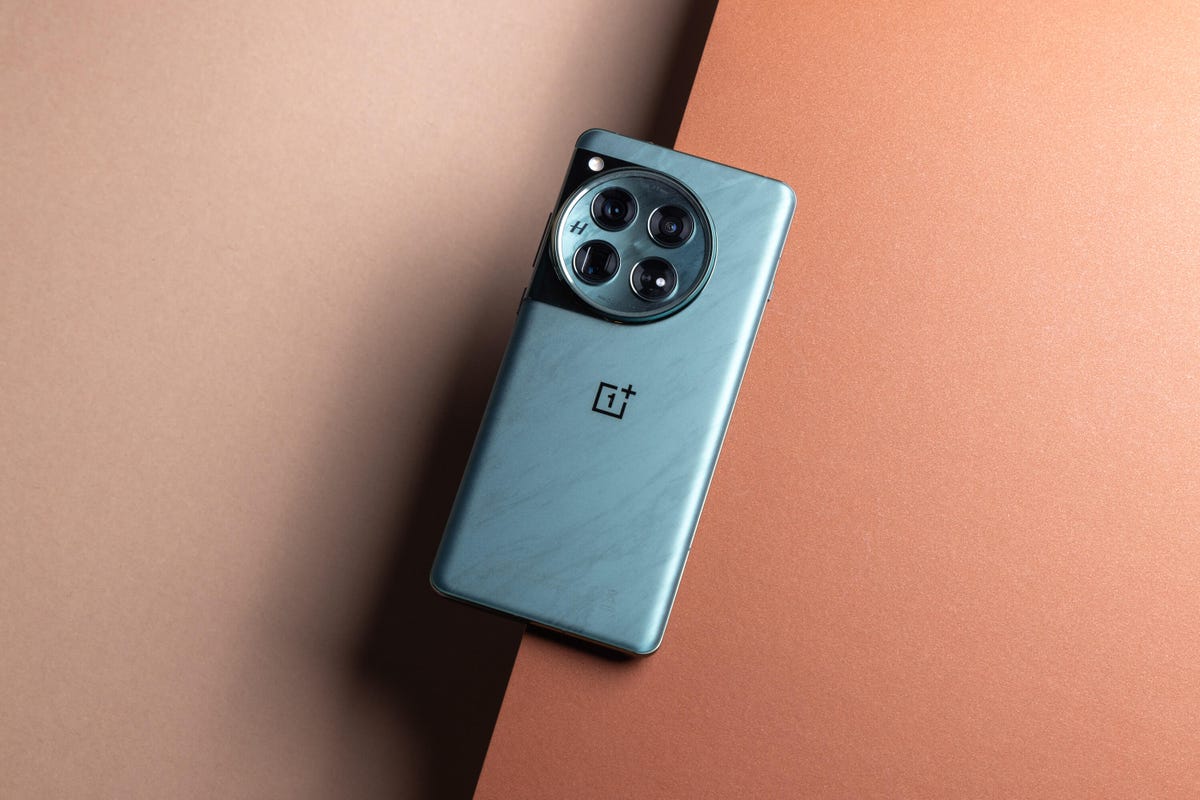End of Line: Windows Says Goodbye to Android Apps
What`s going on here?
Microsoft has announced the termination of support for the Windows Subsystem for Android (WSA), which powers the availability of Android apps, including the Amazon Appstore, on Windows 11. This decision reflects Microsoft’s response to “evolving customer needs” and suggests a strategic shift towards prioritizing other innovations, possibly aligning with its recent advancements in AI technology. The initial introduction of Android apps on Windows was seen as Microsoft’s move to challenge competitors like Chromebooks and Apple Silicon Macs that support Android and iOS apps, respectively. However, the anticipated user experience, especially comparisons with the Google Play Store’s extensive app selection, may not have lived up to expectations.
What does this mean?
The discontinuation means that Windows 11 users will no longer receive support for Android apps via the Amazon Appstore or other apps that utilize WSA after March 5, 2025. Microsoft’s decision is partly attributed to its focus on AI and ensuring resources are allocated to areas with higher perceived value and demand. Users who have already installed the Amazon Appstore or other Android apps on their Windows 11 devices can continue using them until the support officially ends. However, the Amazon Appstore and associated apps will cease to be discoverable in the Microsoft Store, and developers are restricted from submitting new apps for Windows, although updates for existing apps are permitted until a specified period.
Why should I care?
This shift in Microsoft’s strategy is significant for users invested in the Windows ecosystem, especially those who valued the integration of Android applications for a more versatile computing experience. It marks a move away from Microsoft’s attempts to blend mobile and desktop functionalities in favor of focusing on areas like AI, which the company deems more critical for its future. For developers and users of the Amazon Appstore on Windows, this change requires adapting to the new landscape, possibly seeking alternative solutions or platforms for their needs. The looming discontinuation also hints at what’s on the horizon for Microsoft, with the company rumored to be launching new AI-focused Surface devices. This pivot to AI could bring about a new era of innovation and capabilities for Windows machines, aligning with broader tech industry trends.
For more information, check out the original article here.




